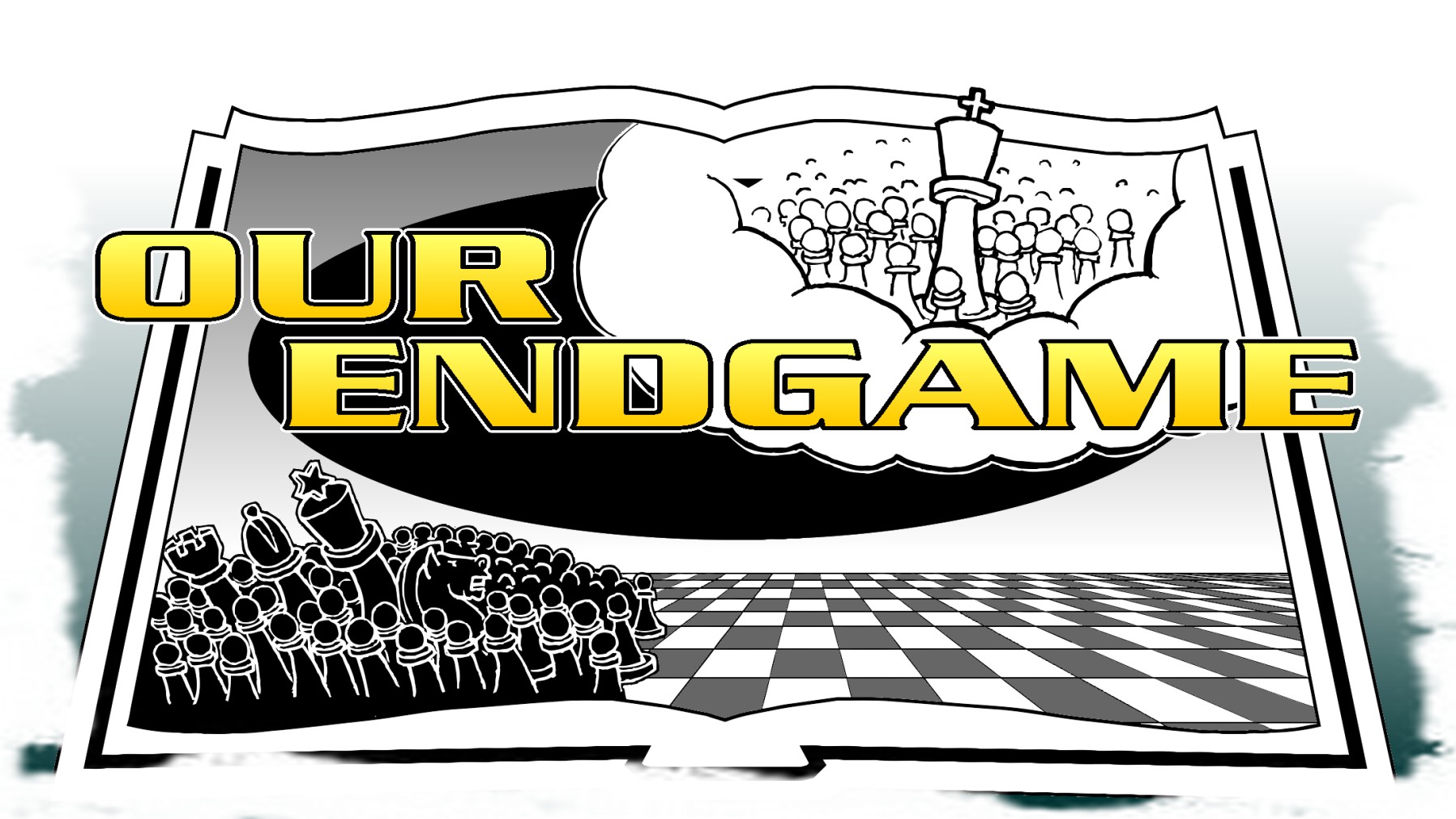There are two things about human beings that remain infallibly certain and true all the time. One, that there is a moral law written in the human heart. And, two, that we invariably break it. In doing so, however, we necessarily feel guilt. “Blessed be sin, if it teaches us shame.”
— C.S. Lewis
Our democratic worldview encourages suspicion of every mediating structure in our lives. We must hear things “from the horse’s mouth,” even though most of the information that lays claim to such authority is bogus.
Just as the printing press gave universal access to the Scriptures (and to an explosion in new interpretative schemes) so the internet has given universal access to patristic and theological writings providing cut-and-paste wisdom for the masses, but a simple place to begin is to recognize the passions that accompany our opinions. We not only imagine ourselves to know things, but we feel deeply and strongly about these imaginations. Often, such “opinionism” is a mask for shame. In a world where everyone is an expert, we experience shame at our own ignorance.
We mask our ignorance with authority. Just because you read it doesn’t mean you know it. Failing to understand this inevitably means that we have not yet learned how to read. The greatest benefit to be found in reading is not in finding answers; the benefit is in finding questions.
There is, of course, a form of “weaponized” ignorance, where “not knowing” is used as a means of denying all answers and refusing to knock at any door. It is often the case that such weaponized ignorance is quickly followed by an assertion of an alternative knowledge.
There is a shame in not-knowing. The willingness to bear that shame is the root of humility. The path of true humility is a means of grace, without which it is impossible to know anything.
— Stephen Freeman
Our responsibility is clear: do justice, love mercy, and walk humbly with our God (Micah 6:8). This process best proceeds in reverse: first, walk humbly, then be merciful, then—with those virtues informing our actions—do justice.
— Greg Kouki

One response to “Humility”
1 Corinthians 8:1-3
Knowledge puffs up, but love edifies. And if anyone thinks that he knows anything, he knows nothing yet as he ought to know. But if anyone loves God, this one is known by Him.